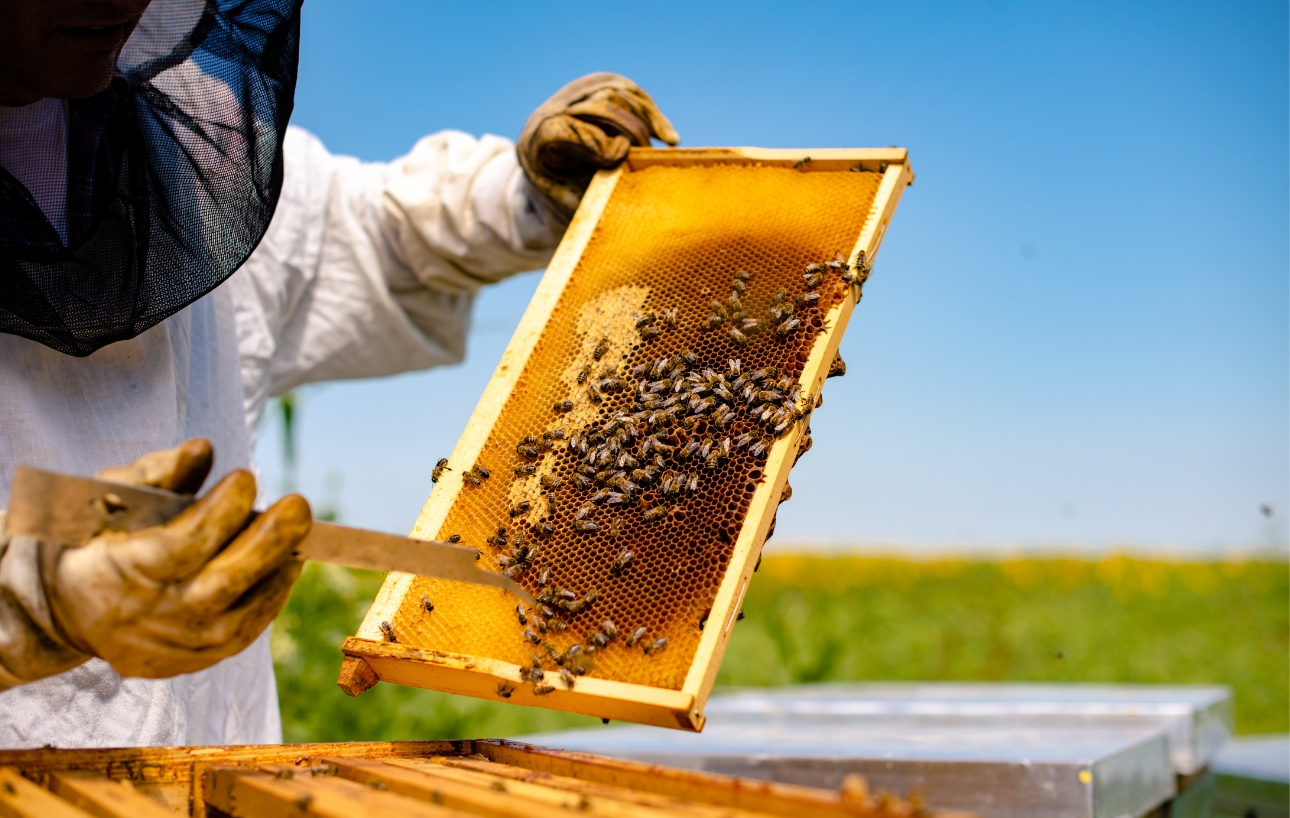Types of Organic Farming in India

Exploring the Diverse Landscape of Organic Farming in India.
When it comes to sustainable agricultural practices, types of organic farming in India shine as a beacon of hope. With the growing awareness about the importance of environmentally friendly and health-conscious choices, various types of organic farming in India have gained significant traction across the country. In this article, we will delve into the world of organic farming and its diverse manifestations, while also touching upon the broader context of agricultural farming in India.
1. Traditional Organic Farming:
Rooted in centuries-old practices, traditional types of organic farming in India involve using natural fertilizers like compost and animal manure to enrich the soil. It emphasizes crop rotation, mixed cropping, and intercropping to maintain soil fertility and deter pests. This approach not only preserves traditional wisdom but also promotes self-sufficiency in rural communities.
2. Permaculture:
3. Biodynamic Farming:
4. Natural Farming:
Often associated with renowned agriculturist Masanobu Fukuoka, natural farming focuses on working in harmony with nature. It promotes minimal disturbance to the soil, allowing natural processes to govern plant growth. By avoiding plowing and minimizing external inputs, natural types of organic farming aim to create a balanced ecosystem within the farm.
5. Biodynamic Farming:
With a vast population dependent on agriculture, the sustainable practices promoted by organic farming can potentially transform the country’s agricultural sector. By reducing chemical inputs, preserving soil health, and prioritizing biodiversity, organic farming aligns with India’s need for resilient and sustainable food systems.
In conclusion, the different types of organic farming in India represent a tapestry of sustainable practices that cater to diverse philosophies and contexts. These practices not only offer environmentally conscious alternatives but also hold the potential to revolutionize agricultural farming in India. As consumers, supporting organic products and farmers can contribute to a greener, healthier, and more harmonious agricultural future for the country.





